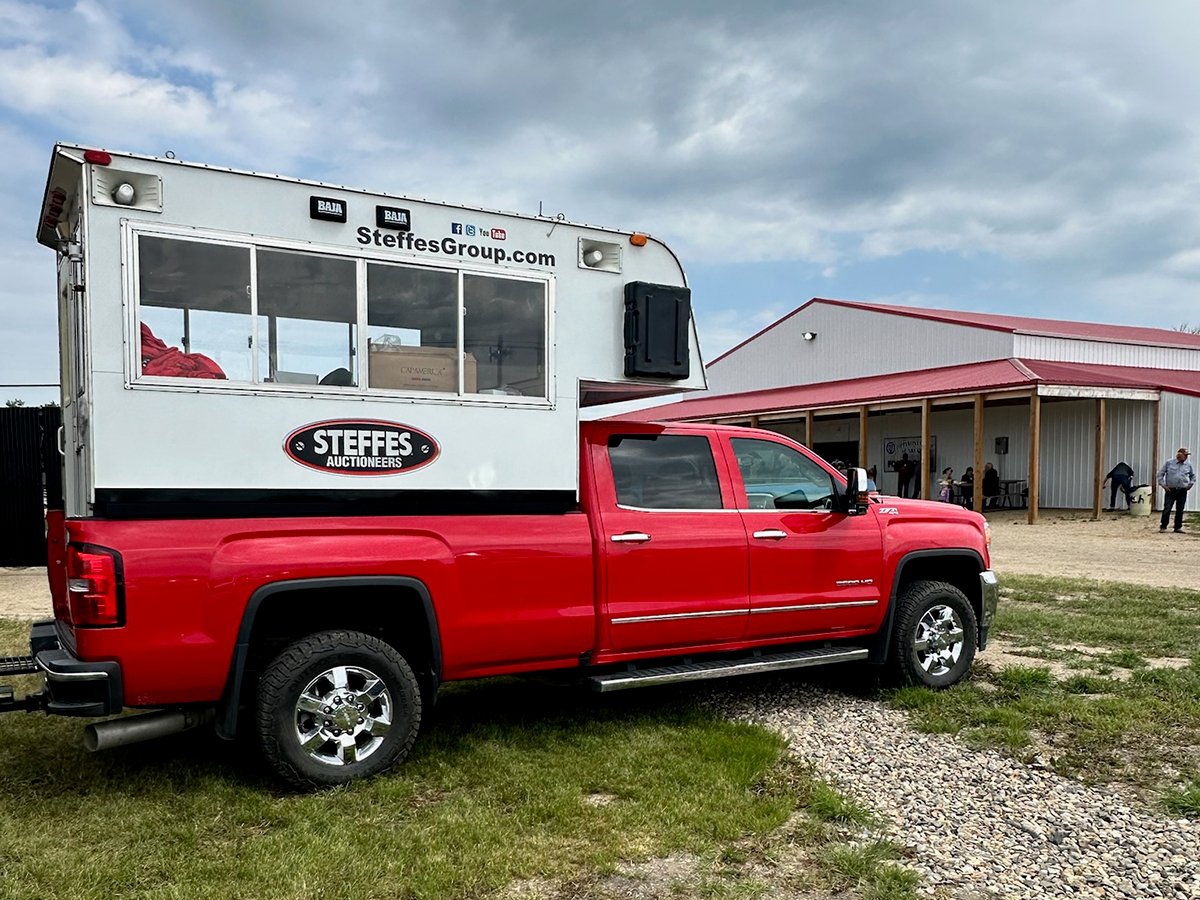When spouses are dangerous
Q: I have been reading your column for years, but never saw you write about psychopaths. I am married to one and it is no life to live. There is no safe place for me to go, because he says that he’ll “get me” if I divorce him. But after hearing too many talk shows this past winter, it seems to me that there are a lot of young fellows on this same trail. I feel there should be more warning signs published for young mothers of all these symptoms of these characters, so they can educate their daughters to protect themselves. And it’s such a long list. I read a book this winter about Canada’s most wanted man. The last chapter of the book said it all. These guys have such a great gift of the gab that even if a lot of what they are saying isn’t true, how would the person listening know?
Read Also

Farm auctions evolve with the times
Times have changed. The number of live, on-farm auctions is seeing a drastic decline in recent years. Today’s younger farmers may actually never experience going to one.
A: I have never written about psychopaths because it is still debatable what a psychopath is. The term is no longer used in medical diagnosis. Instead, people who continually behave in ways that disrespect the rights of others are diagnosed as having anti-social behavior.
Whatever the label, it describes people wrapped up in themselves, who have little or no regard for anyone else. As a result, they seldom look ahead at the consequences of their behavior, for others or even themselves. They often act on the moment, without thinking. And when carried away on their emotional highs of self-centredness, they can be quite dangerous.
Having a conscience is important for us, not only spiritually, but for coping with life. Conscience is like a radar detector. It warns us when we are getting into trouble. All of us make mistakes at times, and most of us feel remorse, regret or sorrow when we do things that hurt others. But unfortunately, some people have little or no conscience or consideration for other people. They are the ones often referred to as psychopaths.
I am more concerned about you and your safety than giving you a clinical diagnosis of what a psychopath is. As you said, you know it far too well from personal experience.
You need to explore resources for yourself, and in a way that keeps you safe. Check in your phone book or with telephone information for the nearest services for abused women. Most of them accept collect calls.
Your husband is controlling you with threats, which if they imply any physical harm to you are against the law. If it is reported to the police, he will be charged. There is also a law in Saskatchewan, The Domestic Violence Act, that can protect you from harassment from him, and without having to leave your home. An emergency intervention order can be issued, which immediately prevents your partner from coming within 100 yards of your home or your place of employment. If he does, the police will put him in jail. He will have to explain to a judge the next working day why he broke a court order. He will be charged by the judge, not you.
In Saskatchewan, you can access this service by contacting any of the mobile crisis centres or victim services programs of either a city police service or RCMP.
Often a safe shelter is needed for women when they have been abused.
These shelters have staff to help abused women cope with the pain and trauma of leaving, and also keeps them safe from being harassed or harmed by their partner.
Thankfully, safe shelters or safe homes are available throughout the Prairies. Unfortunately, they are sometimes full. Most are listed in regional phone books.
The most dangerous time for any woman is the period just after she leaves an abusive marriage. That’s why the safety of a shelter is important at first.
Her partner focuses only on his pain and his need to control her. Jealousy and panic can produce dangerous behaviors, as we all sadly know due to well-publicized tragedies. But a woman can reduce or even eliminate this danger by going to a safe place for women. This gives her time to make a safer long-term plan for herself, and to be free of the constant threats and harassment from her partner.














